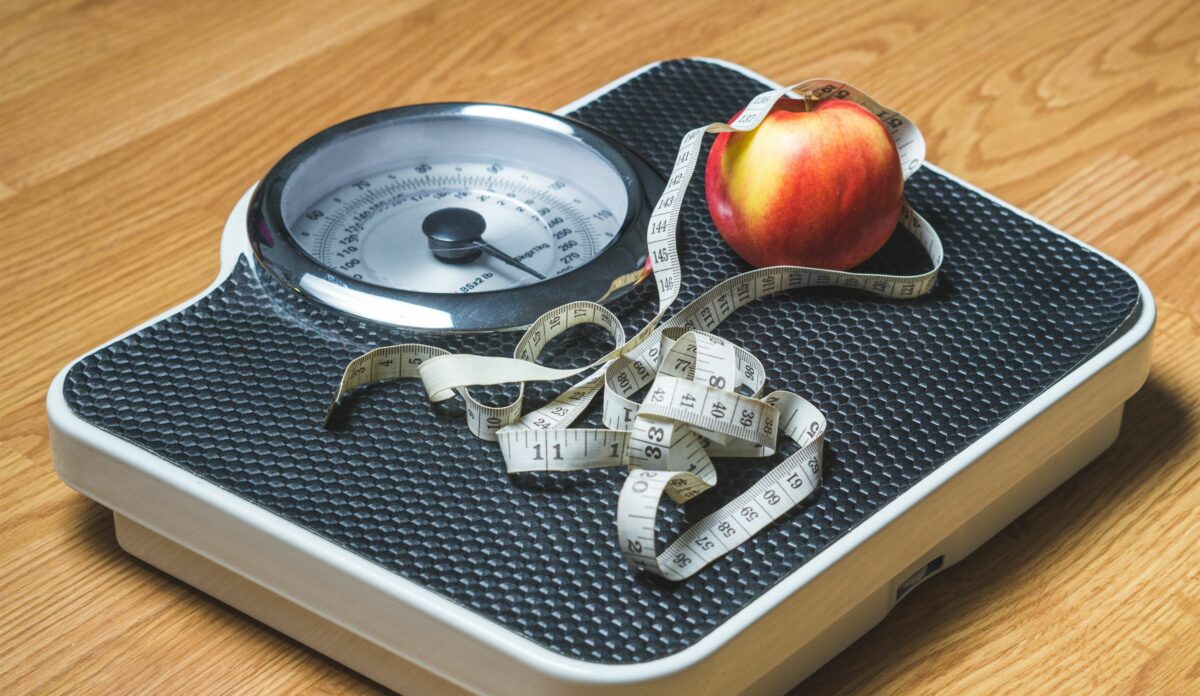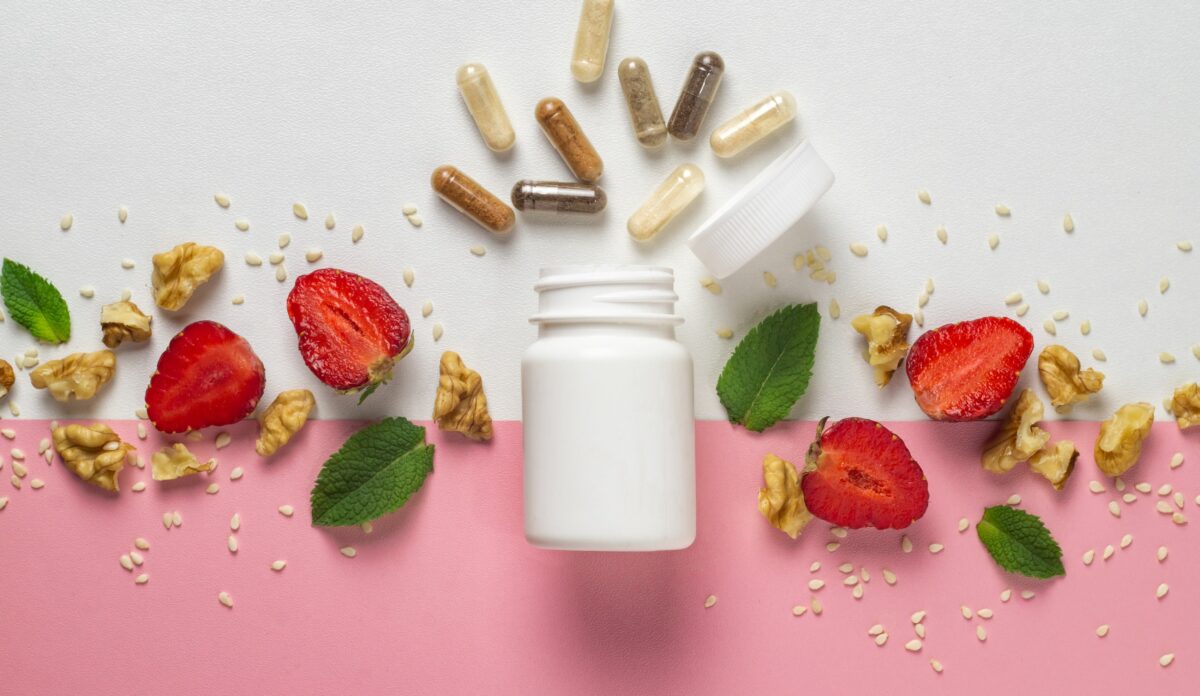Cholesterol, a soft, waxy substance found in your bloodstream and cells, is vital in building healthy cells, producing hormones, and converting food into energy. However, when cholesterol levels get too high, it poses serious health risks. These high levels have been linked to an increased risk of heart disease and stroke, two of the leading causes of death worldwide. Therefore, it is crucial to maintain healthy cholesterol levels to prevent these health conditions.
The Significance of Maintaining Healthy Cholesterol Levels
High-density lipoprotein (HDL) or ‘good’ cholesterol helps remove excess cholesterol from the cells, protecting against health problems such as heart disease and stroke. Conversely, low-density lipoprotein (LDL) or ‘bad’ cholesterol can accumulate in the arteries, leading to atherosclerosis, a condition that increases the risk of heart disease and stroke.
Maintaining healthy cholesterol levels is crucial. Research emphasizes the importance of reducing cholesterol levels as early as possible, preferably from early adulthood, through lifestyle changes like diet and exercise. This proactive approach can limit long-term health risks and lead a healthier life. Read Also: The Ultimate Guide to Manage Stress Effectively

7 Effective Methods to Lower Cholesterol Levels
Knowing the importance of maintaining healthy cholesterol levels, here are seven effective methods to achieve it:
1. Healthy Eating Habits
Adopting healthy eating habits can significantly impact cholesterol levels. By focusing on a diet rich in fruits, vegetables, whole grains, and lean proteins, individuals can improve their lipid profile. Nutrient-dense foods support the body’s natural ability to regulate cholesterol levels, reducing the intake of saturated and trans fats contributing to high LDL cholesterol. Choosing heart-healthy fats, such as those found in nuts, seeds, and oily fish, can also help raise HDL cholesterol, further protecting cardiovascular health.
2. Regular Exercise
Engaging in regular physical activity is a powerful way to lower LDL cholesterol and raise HDL cholesterol. Incorporating exercises such as brisk walking, jogging, swimming, or cycling for at least 30 minutes most days of the week can strengthen heart health by improving blood circulation and reducing the risk of atherosclerosis. Additionally, regular exercise aids in maintaining a healthy weight, associated with better cholesterol levels and reduced risk of heart disease.
3. Maintain a Healthy Weight
Stabilizing your body weight within a healthy range is essential for keeping cholesterol levels in check. Excess body fat, especially around your midsection, is associated with higher levels of LDL cholesterol and lower HDL cholesterol, which can lead to increased health risks. Adopting a weight management plan that includes healthy eating and regular physical activity is vital. By shedding even a modest amount of excess weight, you may significantly improve your cholesterol profile. Read Also: 9 Proven Morning Habits That Help You Lose Weight
4. Limit Alcohol Consumption
Excessive alcohol intake has been linked to a rise in LDL cholesterol and triglyceride levels, which can increase the risk of heart disease. Moderation is key; for most adults, this means up to one drink daily for women and two for men. Keeping alcohol consumption within recommended limits can contribute to maintaining healthy cholesterol levels and support overall cardiovascular health.
5. Reduce/Avoid Smoking
Smoking cessation is essential for lowering LDL cholesterol and increasing HDL cholesterol. The toxic chemicals in cigarette smoke are known to damage blood vessels, making them more susceptible to the buildup of fatty substances. Quitting smoking can rapidly improve your cholesterol profile and overall heart health, even within a short period of time.

6. Try supplements
Certain supplements have been found to aid in lowering cholesterol levels. For example, Omega-3 fatty acids, commonly found in fish oil supplements, can help reduce triglycerides and bolster HDL cholesterol levels. Plant sterols and stanols can also help reduce LDL cholesterol by blocking its absorption from the digestive tract. Always consult a healthcare professional before starting any supplement to ensure safety and appropriateness for your health needs.
7. Limit trans fats
Trans fats, often found in margarine, store-bought snacks, baked goods, and fried fast food, are notorious for increasing LDL cholesterol and lowering HDL cholesterol, exacerbating the risk of heart disease. Therefore, it’s advisable to read food labels carefully and limit the intake of trans fats to maintain cholesterol within healthy ranges. The Food and Drug Administration has taken steps to remove artificial trans fats from processed foods, making it easier for consumers to make heart-healthy choices.
Bottom Line
While it’s crucial to maintain healthy cholesterol levels, remember that everyone is unique. What works for one person may not work for another. Always consult a healthcare provider before significantly changing your diet or exercise routine. Implementing these methods and regularly checking cholesterol levels can ensure a healthier, happier future.



